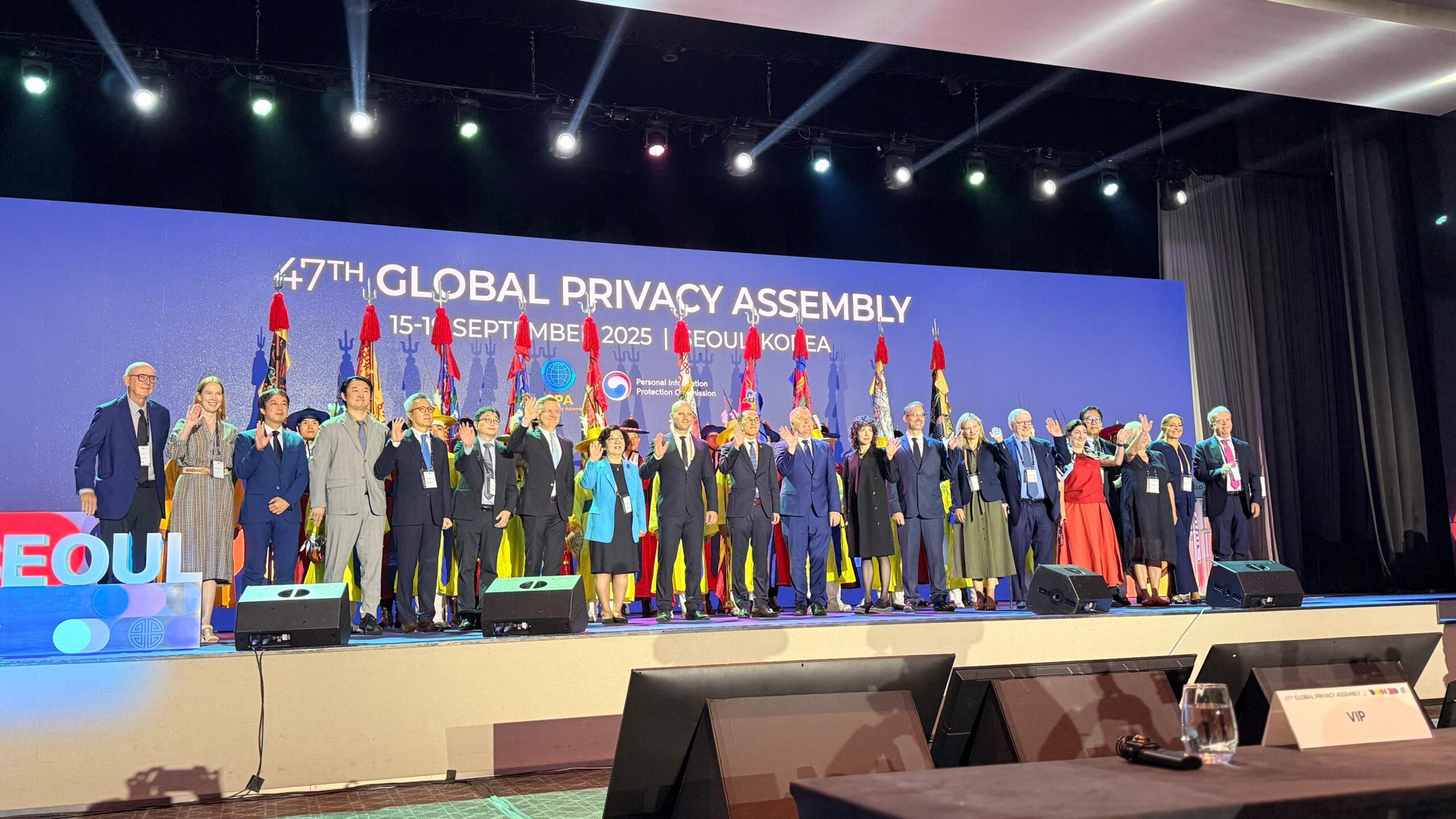Showing results for virg get xped promo code mexico

FPF Year in Review 2025
[…] four states have passed laws that seek to regulate “neural data.” FPF detailed in a blog why, given the nature of “neural data,” it is challenging to get the definition just right for the sake of regulation. Building off of last year’s “Anatomy of State Comprehensive Privacy Law,” our recent report breaks down the […]

Abstract,Big,Data,Visualization.,Big,Data,Code,Representation.,Futuristic,Network
abstract,big,data,visualization.,big,data,code,representation.,futuristic,network

Five Big Questions (and Zero Predictions) for the U.S. Privacy and AI Landscape in 2026
[…] year was more due to chance than anything else, and next year will return to business-as-usual. After all, Alabama, Arkansas, Georgia, Massachusetts, Oklahoma, Pennsylvania, Vermont, and West Virginia all had bills make it to a floor vote or progress into cross-chamber, and some of those bills have been carried over into the 2026 legislative […]

FPF Youth Privacy in Australia
[…] safety features—can reinforce that trust. So too can policies that respect user rights and provide accessible redress mechanisms. As one participant concluded: “When we prioritize trust, we get privacy, safety, and security as a package—not a compromise.” IV. CONCLUSION This event series made clear that young Australians wish for a digital ecosystem that is […]

FPF Anatomy of a State Comprehensive Privacy Law Report
[…] enacted. Although no new states ha ve joined the ranks, lawmakers have continued to evolve existing laws, as California, Colorado, Connecticut, Kentucky, Montana, Oregon, Texas, Utah, and Virginia all amended their respective laws in 2025. This report summarizes that legislative landscape, compares and contrasts the prevailing models for state laws, and identifies the critical […]

17th Annual Advisory Board Meeting 2026
[…] networking among peers, fostering new connections and addressing common challenges. We anticipate lively group discussions and encourage active participation from each attendee. (Chatham House Rules & FPF’s Code of Conduct are to be followed please). Hotel Information Yours Truly DC Hotel is located at 1143 New Hampshire Ave NW, Washington, DC 20037. Located just steps […]

FPF AARNET Youth Privacy in Australia
[…] safety features—can reinforce that trust. So too can policies that respect user rights and provide accessible redress mechanisms. As one participant concluded: “When we prioritize trust, we get privacy, safety, and security as a package—not a compromise.” IV. CONCLUSION This event series made clear that young Australians wish for a digital ecosystem that is […]

Comparison of COPPA 2.0
[…] app roved by the Commission upon making a determination that the guidelines meet the requirements of the regulations issued under section 6502 of this title. (3) E XPEDITED RESPONSE TO REQUESTS The Commission shall act upon requests for safe harbor treatment within 180 days of the filing of the request, and shall set forth […]

GPA 2025: AI development and human oversight of decisions involving AI systems were this year’s focus for Global Privacy regulators
[…] much-narrowed focus on AI issues compared to previous years. Across all three resolutions adopted in 2025, a few core issues become apparent: First, regulators are continuing to promote shared conceptual frameworks for data protection regulation, with a particular focus on raising awareness of privacy and data protection issues throughout the world. Second, regulators are […]

Chatbot Bills Comparison Chart 2025
[…] th at th e ch atb ot i s AI. 1 N ew Yo rk S -3 0 08 C N /A (F Y 26 B ud get) P ro hib it s opera to rs fr o m offerin g AI co m pan io n c h atb ots wit h o […]
